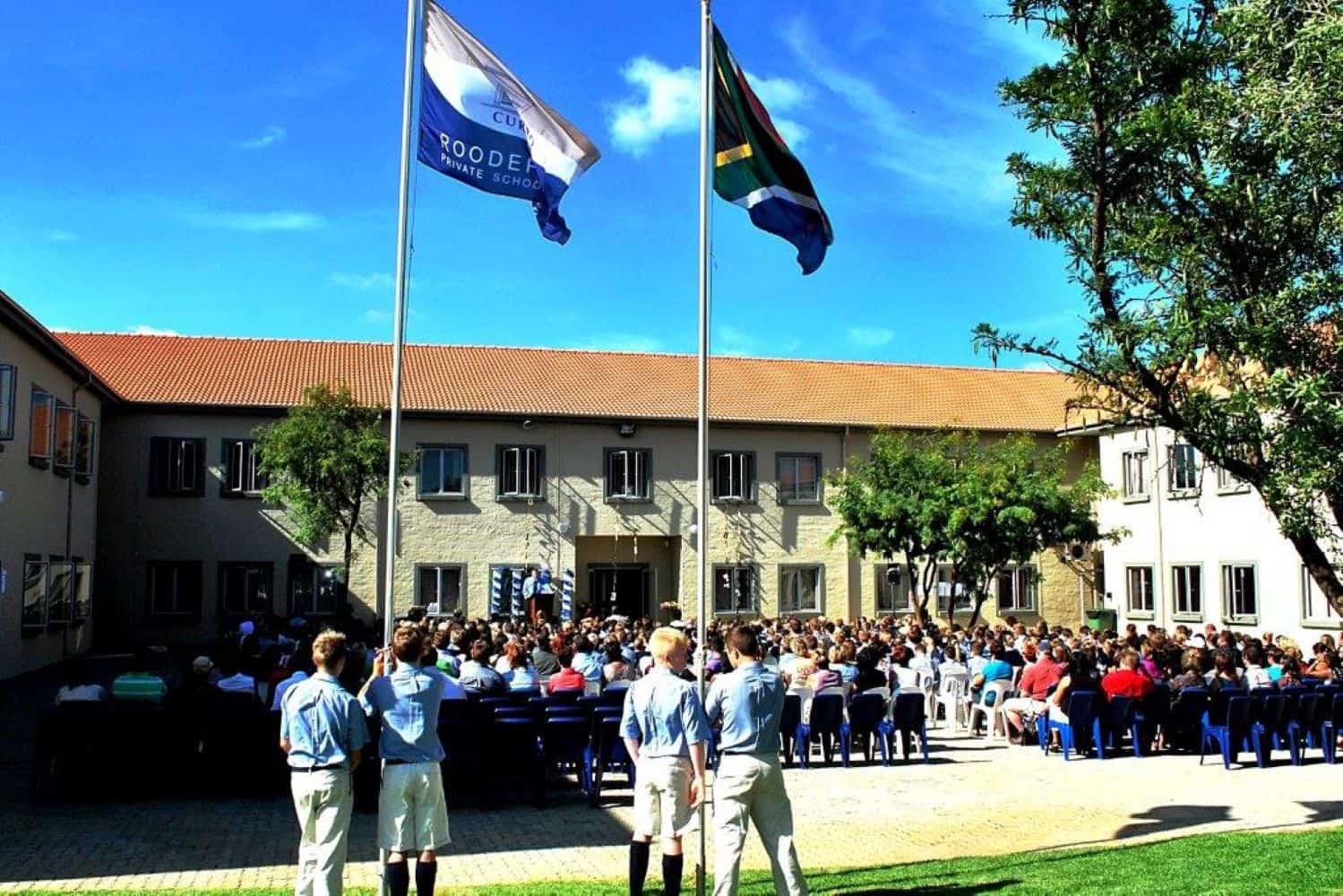New proposal will force them to deregister, resulting in potentially huge Vat liabilities.

A significant number of schools that are currently registered for Value-added tax (Vat) will be forced to deregister from next year. That’s if a proposal in the draft Taxation Laws Amendment Bill (TLAB) is passed into legislation.
This policy decision will have massive financial implications for schools in the short term, possibly depleting cash reserves and having substantial cash flow implications. It is likely to have a knock-on effect on school fees going forward.
Educational services have always been exempt from Vat, but only if the services were supplied in return for school fees, tuition fees, or payment for lodging. However, services were never exempt if the consideration was not in the form of school fees, tuition fees, or payments for lodging.
National Treasury announced that the proposed amendment will come into effect on 1 January 2026. The policy intent was “always” to exclude schools from the Vat net, it says in its reason for the change.
WTS Renmere’s Vat specialist Duane Shipp says many schools with commercial activities registered for Vat if they were above the R1 million registration threshold. These commercial activities include, among others, the supply of school uniforms or making available the sports facilities, school hall, swimming pool, and hostels of the school to private clubs or individuals.
The schools charged Vat on the supply of these offerings, but they were also able to deduct the Vat incurred as input tax on the cost incurred to purchase the school uniforms, treats for the tuck shop, or the construction of the sport facilities or swimming pool.
ALSO READ: Huge rates shock could force Joburg schools to close down
Vat Act changes
However, the amendment proposes the removal of “school” and “school fees” from the wording of the relevant sections in the Vat Act.
“The implication is that all supplies of good or services by schools, regardless of whether it is in return for school fees or not, will be exempt under the Vat Act,” says Shipp.
A significant number of schools have been registered for Vat and claiming their input tax on capital expansions for more than a decade, if not longer.
ALSO READ: Gauteng schools urged to settle electricity and water bills
Vat vendor schools
Charles de Wet, tax executive at ENSafrica, says the school as a Vat vendor had to charge Vat when renting the school hall or sports facilities to private clubs or individuals. However, they had the advantage of claiming a percentage of their input Vat on capital projects, and they could also claim a percentage of the input Vat on the overhead costs of the assets on an apportionment basis.
This includes a portion of the electricity bill for the floodlights, or a portion of the water used for the sport fields.
But, once an entity deregisters as a Vat vendor it must repay the input tax claimed on its capital assets, says De Wet. That is the “exit” tax, he adds.
The effect with the forced deregistration is that all the input Vat claimed on capital assets since registration for Vat must be repaid.
Treasury has made a concession, allowing schools that will find themselves in this cash flow predicament to repay the Vat liability in twelve monthly instalments, “or in so many instalments as the commissioner [of the South African Revenue Service] may decide.”
This liability may well run into millions for some of the country’s private schools, boarding schools, or more affluent schools. “There is a big wake-up call coming for some schools,” says Shipp.
ALSO READ: Temporary rates reprieve for Joburg schools
Second time coming
A similar proposal was also introduced in the draft TLAB bill last year, but the amendment extended to schools, technikons, and universities. The proposal was abandoned following an extensive public pushback, particularly from universities.
This year, the proposal is back, but only targeted at schools, notes both Shipp and De Wet.
The proposal does not fit into the structure of the Vat Act, says De Wet. Typically, it is not entities that are exempt from Vat, but rather the nature of the supply – in this case, educational services.
“It is strange that they are deviating from the format of the act. Treasury is now exempting the entity [schools registered under the SA Schools Act] and not the supply,” says De Wet.
Policy intent
Shipp also has difficulty understanding the policy intent behind the proposal. “If the policy intent was always to exclude schools, why has the wording of the act [until now] not reflected the intent,” he asks.
He also questions the short notice given to schools. Many schools have probably already passed their budgets for the next calendar year. Accommodating this unforeseen Vat liability will create enormous stress on the school’s finances.
The knock-on effect is that any commercial endeavour in future will come at a 15% higher price tag.
The school will be charged 15% for the school uniforms, the construction of a swimming pool, or the tuck shop treats, but it will no longer be able to deduct its input Vat.
Interested parties have until 12 September to publicly comment on the proposed amendment.
This article was republished from Moneyweb. Read the original here.
Support Local Journalism
Add The Citizen as a Preferred Source on Google and follow us on Google News to see more of our trusted reporting in Google News and Top Stories.






